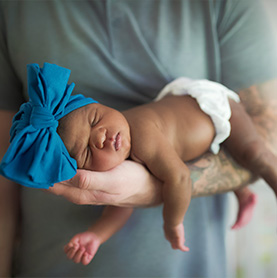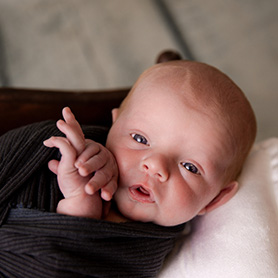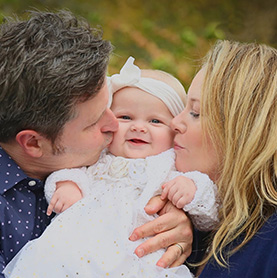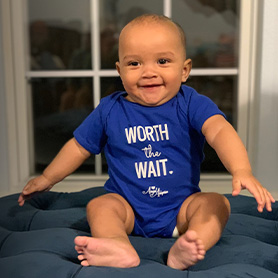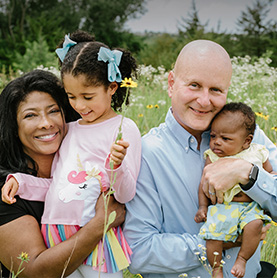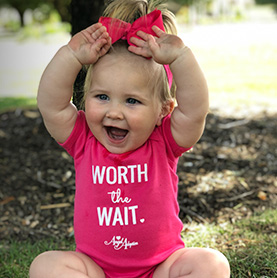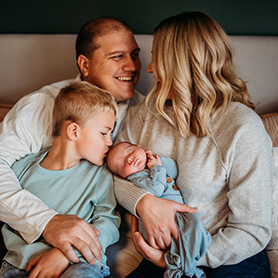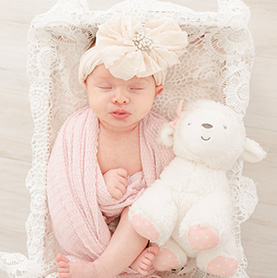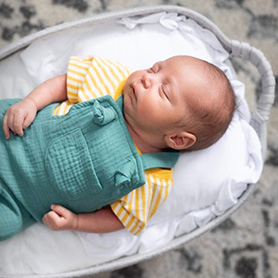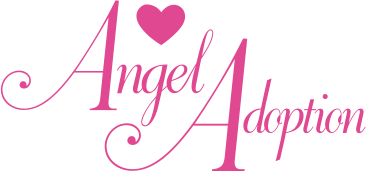Early on in a hopeful parent’s domestic adoption journey, they’ll be presented with options for which types of adoption they’re most comfortable with. Most families choose some form of open adoption, but a closed adoption can be a viable option for some families depending on the circumstances
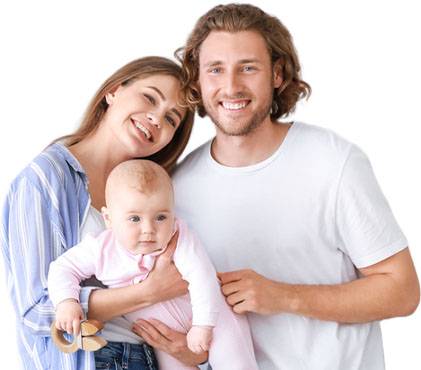
Whereas there are many different types of open adoption, all of which revolve around some form of contact or communication with the birth family, a closed adoption is one where information is kept confidential from the adoptive family. In a closed adoption, there is no communication between the birthmother and adoptive parents, nor is information shared that could reveal details about the birth family’s whereabouts, background, or identity. This is why closed adoptions are sometimes called “confidential adoptions.”
For Adoptive Parents, What Does a Closed Adoption Mean?
Like all forms of domestic newborn adoption, there are pros and cons of closed adoption. Many of these pros and cons are subjective and often depend on the comfort level of birthparents and adoptive families.
Historically speaking, closed adoptions were much more common in decades past. Part of this was to protect the identities of birthparents who had children out of wedlock. For adoptive parents, closed adoptions were also considered “safer,” fueled by a concern that if too much information was shared, birthparents could take adopted children back. Though societal norms have changed and more open adoption trends have proven otherwise, many hopeful families and birthparents still prefer closed infant adoptions.
Pros of Closed Adoptions
For those wondering what the benefits of closed adoptions are, we’ve outlined some of the common reasons why adoptive families and birthparents may choose this route.
- Privacy and confidentiality: One of the biggest motivators for why a family would choose a closed adoption is that closed adoptions keep information confidential. There is no contact between the birth family and the adoptive parents, and information or whereabouts aren’t shared between parties.
- Quick closure: For birthmothers who want to move on after the adoption, closed adoptions may feel like a better way for them to do so. The reality is, some birthmothers are moving forward with an adoption under difficult circumstances or may find it less emotionally taxing to get a clean break after the process has been finalized. Because little is shared, closed adoptions allow for that kind of closure.
- Safety: If a birthmother choosing adoption is experiencing an abusive, unstable, or unsafe environment, a closed adoption can help create safer circumstances for the birthmother, her baby, and the hopeful family members.
Cons of Closed Adoptions
In exchange for the privacy and closure of a closed adoption, there are several cons that can prove challenging for birthparents, adoptive families, and even adopted children.
- Fewer opportunities to adopt: For hopeful parents who don’t want an open adoption, their adoptive family profile will only be shown to expectant mothers interested in the same type of adoption. Since the majority of expectant mothers prefer some level of openness, only being open to closed adoptions can drastically limit the number of birthparents that an adoptive family’s profile is shown to, which can in turn significantly extend their adoption process.
- Lack of medical information: One of the cons of closed adoption is that adopted families likely will have no record of or access to the biological family’s pertinent medical history. Should an adopted child have a genetic condition or be prone to certain illnesses, adoptive parents won’t have this information on hand and won’t be able to contact the birthmother. In some instances, while adoptive parents can’t contact the birthmother, a birthmother can contact the adoption service provider and relay important health information post-adoption. This can happen if a birthmother discovers a health condition later on and wishes to share that information with her adopted child’s family.
- Struggles with identity: As adopted children grow, they’re going to ask more questions about who they are and where they come from. Being unable to form connections with or understand their biological family’s background can evoke feelings of frustration in an adopted child, as well as a belief of rejection or abandonment from their birthparents. This can lead to self-esteem and identity issues, in part because many questions they have will likely remain unanswered.
- Emotional strain for birthparents: After a closed adoption is finalized, birthparents won’t know how their child is developing, what their life is like, or any other information that can reassure them that they made the right choice in choosing adoption for their child. This can leave birthmothers and biological family members with negative feelings of doubt, shame, and loss that are difficult to overcome. In these situations, it’s important that birthparents have a strong support network that can help them overcome these feelings.
- Missed connections: One of the benefits of an open adoption is that birthparents and adoptive families often build connections with one another while communicating throughout the process. This can lead to new relationships and strong bonds on both sides of the adoption, enriching each parent’s life in unexpected ways. For those in a closed adoption, this opportunity is completely missed.
Choose What You’re Comfortable With
At Angel Adoption, we offer a personalized service tailored to each of our adoptive parents. While we recommend all our hopeful parents to be as open as possible, we also feel it’s important that our families are as comfortable as they can be throughout the adoption process. If you’re not comfortable with certain levels of openness, please communicate that with our coordinators. Our compassionate and caring staff is here to offer guidance, assistance, and support in any way they can, and that includes ensuring an adoption experience that feels safe and secure.

